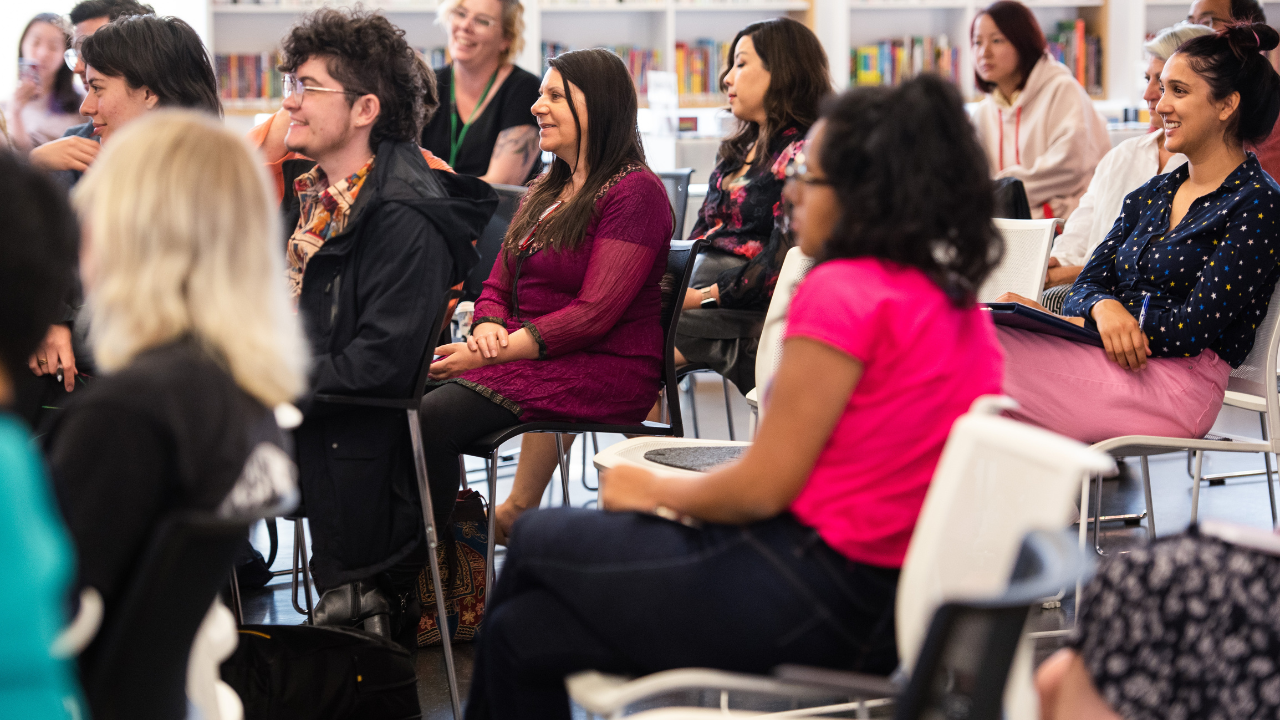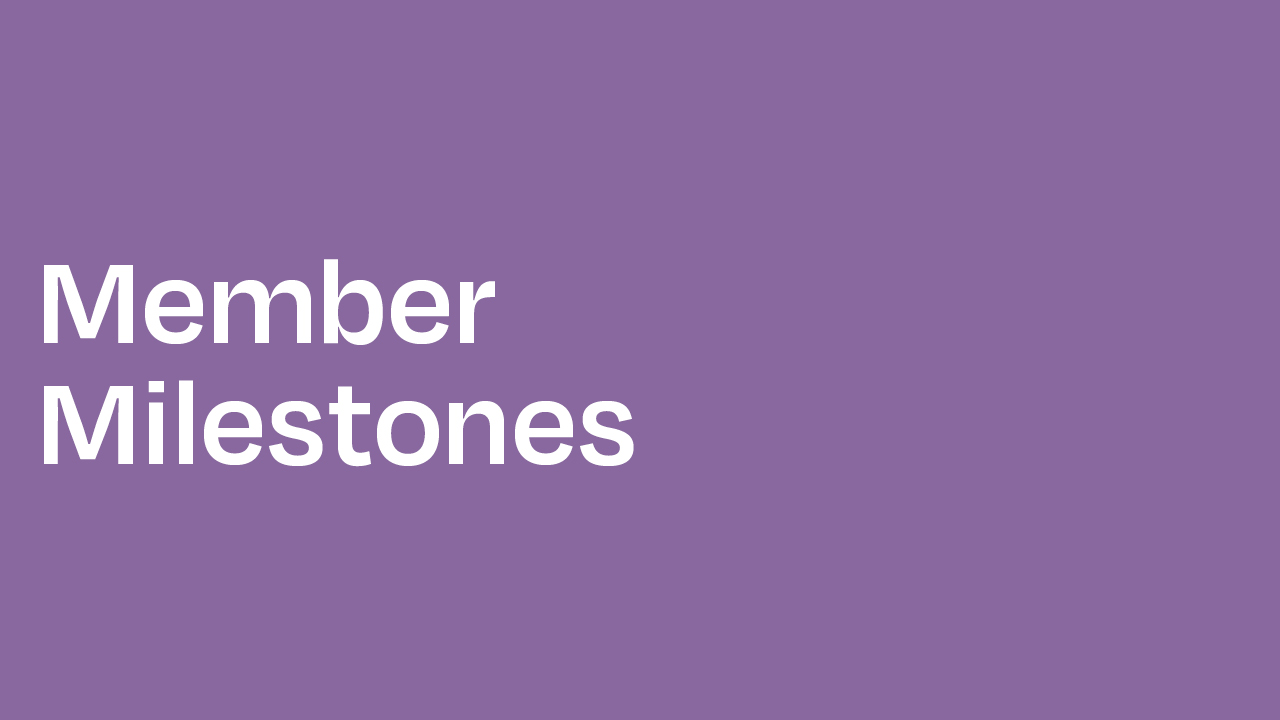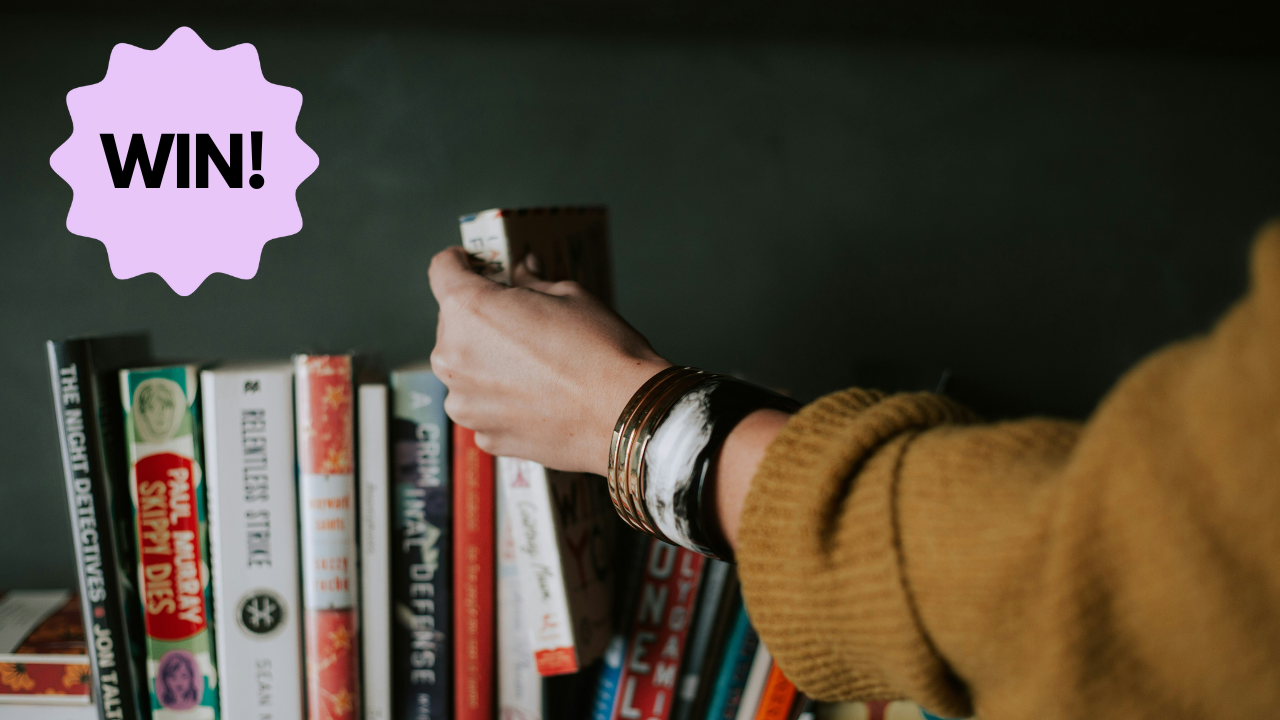Meet our current Writer in Residence, Dean Mayes. Dean took some time to answer some questions about his writing so we could get to know him better.
What is your typical writing process?
I have been very much a “panster” over the course of my career. I tend to brainstorm ideas to a certain point – until I’ve got a basic story structure – then I’ll dive into writing and see where it leads. So long as I have a clear set of story milestones to work towards, I find my progress amps up as I go deeper into the writing process.
Where do you see yourself in five years? What about ten?
Wow! I’m flat out seeing where I’ll be next week let alone the next five years or 10 for that matter (laughs heartily). I suppose my life will be much as it is now – juggling writing with nursing and raising my children and paying the bills and everything else that applies. I would like to say that I will have another couple of books to my name but we’ll see how things pan out.
What do you feel has been your best/most favourite achievement in your career so far?
Probably the publication of my second novel Gifts of the Peramangk back in 2012. It was a difficult novel to write because, as a non-Aboriginal Australian, I chose to portray an Aboriginal family in the northern suburbs of Adelaide and that alone brings challenges that could have derailed the project. But I worked diligently on the story, devoting myself to a full year of research before I even put pen to paper so that I could create a story and a cast that would be respectful to Aboriginal Australians without appropriating their culture. I succeeded in that and the novel has received important critical praise as a result. I am very proud of that novel.
What do you find to be the hardest thing about writing?
I challenge myself by not sticking to any one genre. My first novel, The Hambledown Dream was a romance, while Gifts of the Peramangk was a coming of age/literary fiction story. My upcoming novel The Recipient is an action oriented psychological thriller. So in approaching a project, it’s almost like I have to relearn everything from scratch. That is definitely hard because each genre requires different story beats.
Who are your role models?
I’m drawn to thinkers – people who can reflect and present a topic or an argument in such a way that it is accessible to many. Journalist and lecturer Waleed Aly is perhaps the finest example of this. I have long admired actor Alan Alda for his seemingly boundless enthusiasm for life and his ability to tell wonderful stories about the world around us. I have long been a fan of U.S. broadcaster, journalist and writer Rachel Maddow. I particularly love her grasp of political and intellectual arguments and I appreciate how she, like Waleed Aly, can present them clearly and succinctly. I really do regard her as one of the most important voices of my generation today.
Refine your powers of observation and be willing to go out into the world and observe life insitu.
What advice would you give to people who want to write who are yet to start?
Refine your powers of observation and be willing to go out into the world and observe life insitu. Take a notebook with you and write down what you see. Observe and document everything. It could be the most minute thing. Watch how people converse with one another. Watch how shadows fall across a building. How leaves blow across a path. Observe colours and shapes. There’s a story in everything you see and your powers of observation will serve you well when it comes to conceiving a story.
What book would you recommend everyone to read?
I just finished the audio book of Not My Father’s Son by Scottish actor Alan Cumming. It is a powerful autobiographical account of Alan’s growing up in the shadow of a cruel and abusive father and how he was able to maintain his dignity and sense of self, even when he was being constantly torn asunder. It sounds like a dark and sombre story but it is actually quite uplifting. The power of self belief and perseverance and central themes in the book and I was moved to tears in reading it.
What do you love the most?
Star Wars…
Seriously though – my wife and my children. They mean the world to me.
What are you afraid of?
Mortality. It’s a passing phase I think but I find myself thinking about my own mortality a lot lately. I was listening to Wil Anderson’s podcast just this week and the subject of mortality came up and they quoted a statistic that said that most men between the ages of 38 to 45 think about and worry about their mortality above most things. So I guess I fit neatly into that average right now
What is your occupation? How does this help / inspire / contribute to your writing.
I have been an Intensive Care Nurse for most of my career and I have been able to bring certain aspects of my medical knowledge to my writing. It’s probably best seen in my upcoming novel The Recipient which incorporates transplant surgery and after care into the story. I was able to tap into a number of resources and colleagues who helped me to realize that aspect of the story telling so what readers will see in the novel is a fairly accurate representation organ transplant medicine.







